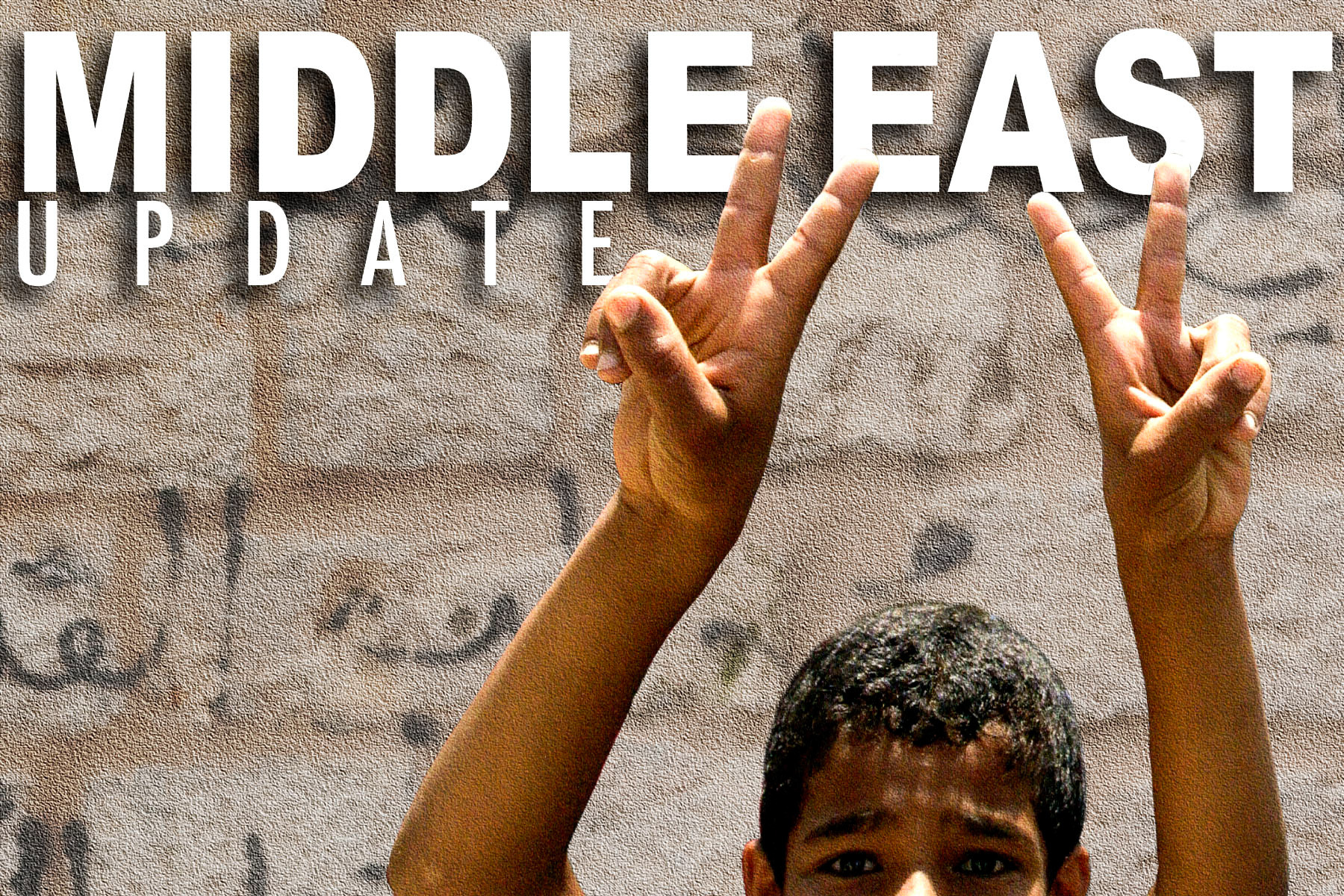
CAIRO (BP)–Louder than a storm siren is the alarm the Middle East is sounding to Christians in the West.
“There’s serious urgency here,” said Nik Ripken,* who has served 25 years with the International Mission Board and is an expert on the persecuted church in Muslim contexts.
Around the world, people are watching and waiting to see if governments will fall in North Africa and the Middle East — and if they do topple, into whose hands they will fall.
“Are we prepared to face even greater persecution for the sake of the Gospel?” Ripken asked. “Or what if greater freedom does come? What if there is access to the Gospel unprecedented in this part of the world?”
However the political storm plays out, it’s imperative that believers stand at the ready in practical ways, Ripken said, because the result might not be in the form of a white knight riding in with a wagonload of New Testaments.
IF THE GRIP IS TIGHTENED
“There is an extremely naïve thing folks are thinking, that if the governments fall, everything will automatically go our way and be wide open,” said Greg Turner,* a Christian leader in the region. “But that’s highly unlikely.”
Turner, who did work in former Soviet countries after the fall of the Iron Curtain, said he doubts the current unrest will follow that same trail to religious freedom.
“We are talking about radically different cultural backgrounds — radically, radically different,” he said. “In the former Soviet Union, for most of the Iron Curtain countries, their background was some form of historic Christianity. Plus what had happened there was complete suppression of religion.”
But in the Middle East, the deep-rooted historical context is Islam, a religion most already claim, he said.
Ripken agrees the two aren’t parallel.
“The USSR did have a head — ‘a’ head — while Islam is a Medusa with multiple heads,” he said. “I want us to think about what is out there to replace these governments, and there are not a lot of options.”
It’s true, Turner said. People in the region don’t have a heritage of or cultural mindset for civil rights or democracy, so that’s not a natural assumption or desire for them. Instead, the unrest could mean military coups or elections that result in takeover by the Muslim Brotherhood, one of the world’s oldest and largest Islamist political groups. What then?
The message of a more Islamic government could be that the population has strayed from true Islam, Ripken said.
“We can prepare for harder physical persecution of [new] believers and more discrimination for historical Christians and expulsion of Western workers,” he said. “There will be martyrs. Satan will try to scare us.”
In Iran, for instance, the government was overthrown but the nation ended up with even greater restrictions. But a tighter government also can foster greater openness in the hearts of people, Turner said.
“The result has been disillusionment on the part of people with their own heritage, and that has resulted in significant [Christian] growth,” Ripken said.
With that in mind, Christians have to plan immediately for the long term, Ripken said — learn the language and culture intensively, and train believers who can work in secular and business-related positions. As that happens, they need to work among dispersed members of that people group in other countries, as well as use the Internet to share on a broader scale.
“We need to be always looking toward the day when the doors will begin to open … and when they open, we need to sow deeply,” Ripken said.
IF THE DOORS SWING OPEN
But what if those doors open wide as a result of the current unrest?
“If — pray that it happens — God opens the doors so that we can send hundreds to the Islamic world rather than single digits, will we step up and sell all that we have for the sake of the Kingdom of God?” Ripken asked.
Christians would need to work as if the doors will close in three years or less, he said, and should “ring the bell loud in our churches for this period of unprecedented opportunity and call for hundreds to go and millions to be spent on their support.
“Be urgent in the task. From day one get the Gospel into local hands,” he said. “Meet the felt needs of these people for the basics of life — education, food, clean water. Share the Gospel and all that Jesus did and does to show them we love them as He loves them.”
But beware the danger of drive-by ministry, he said. Avoid short-term work and trips that “seemingly make these places and people trophies,” and don’t boast about their country’s fall or misfortune. Churches must commit to a series of mission trips that continue their initial efforts.
But, no matter what happens, do sow broadly — and with love.
“This is not about democracy or totalitarianism. It is not about religion. It is about how God wants His children to live in a right relationship with Him and how that affects … how we treat our neighbors,” Ripken said.
Christians should simply “look for ways to pour out our love in ways that Jesus would do Himself if He lived bodily today,” he said. “We always need in these places a sense of urgency to get the Word there and deeply. But ultimately God will have His way. May it be in our lifetime.”
–30–
*Names changed. Ava Thomas is an IMB writer/editor based in Europe.

















